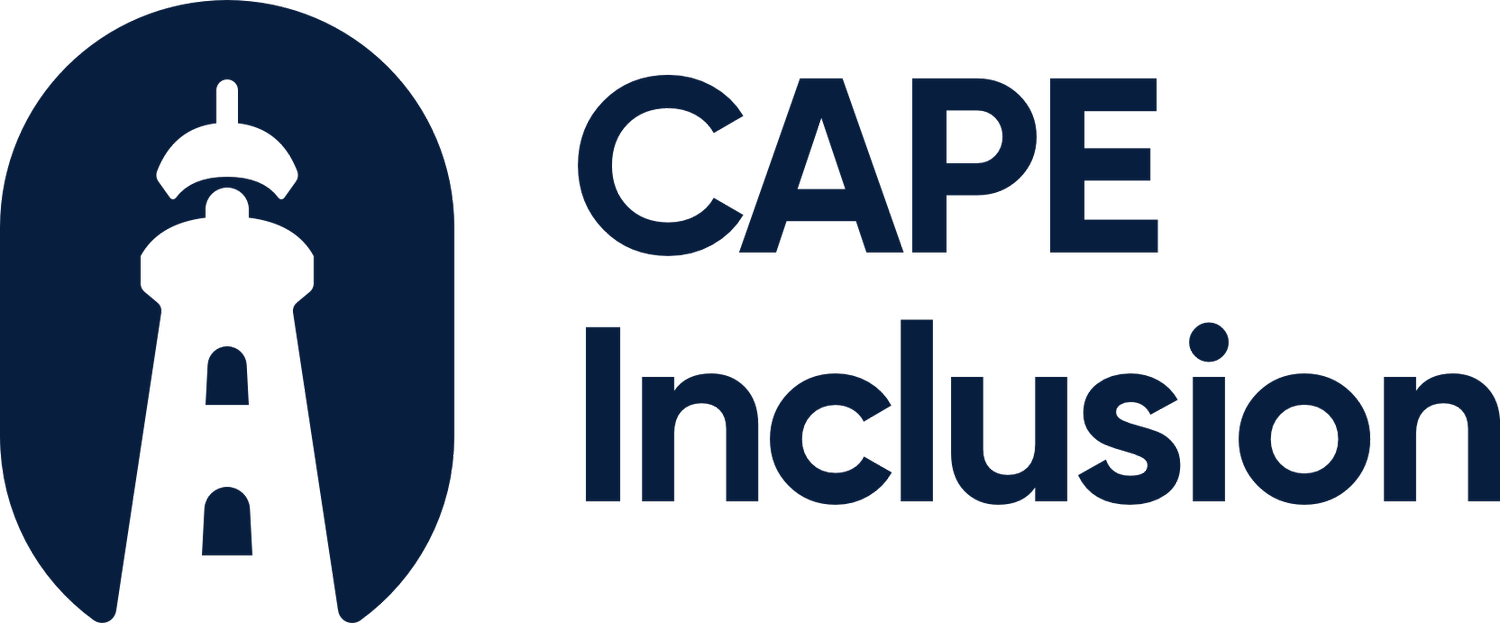Advancing Leaders Through Opportunity
May is Asian American and Pacific Islander (AAPI) Heritage Month, a time to recognize and celebrate the contributions and accomplishments of Asian Americans and Pacific Islanders throughout history. This year's theme, "Advancing Leaders Through Opportunity," highlights the importance of providing opportunities for AAPI individuals to excel and become leaders in their fields.
The Federal Asian Pacific American Council (FAPAC) chose this theme to encourage people to reflect on the opportunities they have had in their own lives and how they can help create opportunities for others. It is a call to action for everyone to support and uplift AAPI individuals in their personal and professional lives.
One way to advance leaders through opportunity is by promoting education and professional development. AAPI individuals face unique challenges in the workforce, including the "bamboo ceiling," a term used to describe the barriers AAPI individuals face when trying to advance to leadership positions. By offering educational opportunities and promoting diversity in hiring practices, employers can help break down these barriers and create a more equitable workplace.
Many AAPI organizations offer scholarships and mentorship programs to help students and young professionals succeed. The Asian Pacific Islander American Scholarship Fund (APIASF), for example, provides scholarships to AAPI students with financial need, while the National Association of Asian American Professionals (NAAAP) offers mentoring and leadership development programs to help professionals advance in their careers.
In addition to educational opportunities, creating a supportive and inclusive workplace culture is crucial for advancing AAPI leaders. This includes recognizing and celebrating the diversity of AAPI cultures and experiences, providing resources for mental health and wellness, and promoting work-life balance.
Companies like Microsoft and Google have implemented employee resource groups (ERGs) for AAPI employees to connect and support each other, as well as to provide feedback and recommendations to company leadership. These ERGs help foster a sense of community and belonging, which in turn can lead to increased job satisfaction and productivity.
Another important way to advance AAPI leaders is through political engagement and advocacy. AAPI individuals have historically been underrepresented in politics and government, but this is slowly changing. In 2020, a record number of AAPI individuals were elected to Congress, including the first Korean American woman, the first Vietnamese American woman, and the first Indian American woman.
Finally, it is important to recognize the contributions and achievements of AAPI leaders throughout history. From civil rights activist Yuri Kochiyama to Nobel laureate Steven Chu, AAPI individuals have made significant contributions to science, the arts, politics, and beyond.
One way to honor these trailblazers is by sharing their stories and promoting their work. The Smithsonian Asian Pacific American Center offers a variety of resources, including virtual exhibits and educational materials, to help people learn about AAPI history and culture.
In conclusion, AAPI Heritage Month provides an opportunity to reflect on the contributions and accomplishments of AAPI individuals and to promote opportunities for AAPI leaders to excel. By providing educational opportunities, creating inclusive workplace cultures, advocating for policies that support AAPI individuals, and honoring the achievements of AAPI leaders throughout history, we can help create a more just and equitable society for all.




Celebrating Juneteenth: Reflecting on Our Journey and Recommitting to Equality
On June 19, 1865, a momentous event unfolded in Texas that would forever alter the course of American history. This day, known as Juneteenth, marked the liberation of 250,000 enslaved individuals, as Union soldiers arrived to enforce the Emancipation Proclamation, which had been in effect for two and a half years. Juneteenth signifies the end of slavery in the United States and heralds the beginning of our continuous effort to fulfill the promise of equality and freedom for all Americans.
At CAPE Inclusion, we stand firm in our dedication to eradicating systemic racism and inequity. We call on everyone to join us in this effort, choosing love over hate, unity over division, and progress over retreat. Let us celebrate the spirit of Juneteenth and renew our commitment to building an inclusive and equitable society for all.
As we reflect on Juneteenth, may we celebrate the essence of freedom, the progress we have made, and the possibilities that lie ahead when we march forward together. Happy Juneteenth from CAPE Inclusion. Together, let’s continue to redeem the soul of America.